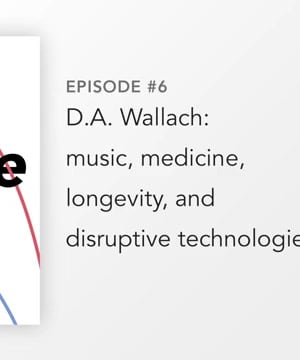Can regular blood tests prevent cancer?
Sources:
Regular blood tests can play a significant role in early cancer detection, which may be crucial for preventing the disease from becoming severe or metastatic. Several experts explain the advancements in blood-based diagnostics:
-
Early Detection: Dr. David Sinclair mentions tests from companies like Grail that can detect up to 50 types of cancers early, often years before traditional methods. These tests identify signalers like proteins, DNA, and RNA fragments released by cancer cells, allowing for earlier and potentially lifesaving interventions 1.
-
Routine Screening: D.A. Wallach predicts that within a decade, routine annual blood tests could reliably detect cancer early during physical check-ups. These would work by identifying systemic responses to cancer's presence, making early treatment decisions more manageable 2.
-
Liquid Biopsies: Dr. Darshan Shah highlights liquid biopsies, specifically the Gallery Grail test, capable of diagnosing early-stage tumors from a simple blood sample. Although currently expensive, they are expected to become more affordable and a standard part of annual check-ups 3.
-
Techniques and Confidence: Peter Attia discusses the potential of blood tests to detect cancers like colon and breast cancer at very early stages, even before clinical symptoms or imaging results reveal them. This involves high sensitivity and specificity, which are essential for early intervention and better treatment outcomes 4.
-
Challenges and Accuracy: Despite their promise, these tests face challenges, such as distinguishing between harmless early-stage detections and those requiring treatment. This ongoing challenge emphasizes the importance of balancing early detection with avoiding unnecessary interventions 2 4.
Overall, while regular blood tests for cancer detection hold great promise, their efficacy in cancer prevention ultimately depends on technological advancements, affordability, and careful implementation to ensure accurate and beneficial use.
RELATED QUESTIONS-



